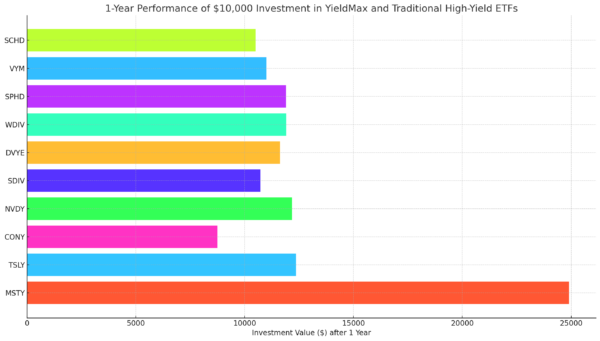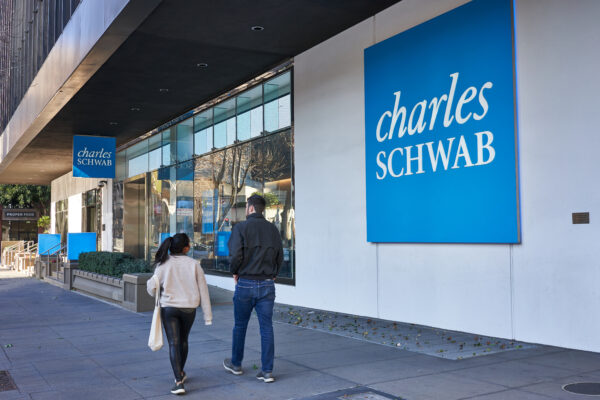Can a 14% Yield Be Safe?
Not surprisingly, shares of mortgage real estate investment trusts (REITs) have been hammered in the COVID-19 crisis.
(On Monday, I explained whether you should still invest in these stocks. Click here for my analysis.)
Things were already difficult in the industry due to low interest rates.
Mortgage REITs borrow money short term and lend it out longer term. The difference in the interest that they pay and that they receive (after expenses) is net interest income.
With rates so low and the spread between short- and longer-term rates so tight, net interest income has been squeezed.
Then came the coronavirus, sending interest rates plummeting further and causing massive economic damage. Now some people are no longer able to pay their mortgages.
As a result, shares of many mortgage REITs are down by more than half since February.
Arbor Realty Trust (NYSE: ABR) is one such mortgage REIT. Its stock is down 45% since its high of the year in February.
As a result of the drop in price, its stock yields a gigantic 13.6%. But will its dividend follow its share price?
Over the past several years, the company has steadily grown its net interest income. Importantly (and somewhat surprisingly), net interest income is forecast to rise this year by more than 8%.
 This year, the company is projected to pay out $115 million in dividends compared with $140 million in net interest income, so net interest income should cover the dividend.
This year, the company is projected to pay out $115 million in dividends compared with $140 million in net interest income, so net interest income should cover the dividend.
Last year, the payout ratio was a little too high, as Arbor paid out $139 million in dividends despite bringing in $130 million in net interest income.
That’s really the only blemish on Arbor’s dividend safety rating.
Arbor paid a dividend from 2004 to 2008 and then stopped. While SafetyNet Pro takes dividend cuts and suspensions very seriously (it’s a cardinal sin), it has a 10-year statute of limitations. So anything that happened before 2011 is forgiven.
The company reinstated its dividend in 2012 and has raised it every year since, including its most recent increase in February.
As long as Arbor Realty’s net interest income comes in at or above its dividend payout, the dividend should be fairly safe. That could be a big “if,” as 2020 is not a normal year.
But looking at the numbers, I don’t believe shareholders have a lot to worry about in the short term when it comes to the safety of the dividend.
Dividend Safety Rating: B

If you have a stock whose dividend you’d like me to analyze, leave the ticker symbol in the comments section.
And if you want to see if I’ve written about your favorite stock recently, click on “Search” in the upper right part of the homepage here and type in the name of the company.
Arbor Realty is a special case – it has an enormous yield that, for the moment, remains safe.
In one of my recent State of the Market YouTube videos, I revealed the names of three of my favorite safe, high-yielding stocks like this one.
 |
About Marc Lichtenfeld
Marc Lichtenfeld is the Chief Income Strategist of Investment U’s publisher, The Oxford Club. He has more than three decades of experience in the market and a dedicated following of more than 500,000 investors.
After getting his start on the trading desk at Carlin Equities, he moved over to Avalon Research Group as a senior analyst. Over the years, Marc’s commentary has appeared in The Wall Street Journal, Barron’s and U.S. News & World Report, among other outlets. Prior to joining The Oxford Club, he was a senior columnist at Jim Cramer’s TheStreet. Today, he is a sought-after media guest who has appeared on CNBC, Fox Business and Yahoo Finance.
Marc shares his financial advice via The Oxford Club’s free daily e-letter called Wealthy Retirement and a monthly, income-focused newsletter called The Oxford Income Letter. He also runs four subscription-based trading services: Technical Pattern Profits, Penny Options Trader, Oxford Bond Advantage and Predictive Profits.
His first book, Get Rich with Dividends: A Proven System for Earning Double-Digit Returns, achieved bestseller status shortly after its release in 2012, and the second edition was named the 2018 Book of the Year by the Institute for Financial Literacy. It has been published in four languages. In early 2018, Marc released his second book, You Don’t Have to Drive an Uber in Retirement: How to Maintain Your Lifestyle without Getting a Job or Cutting Corners, which hit No. 1 on Amazon’s bestseller list. It was named the 2019 Book of the Year by the Institute for Financial Literacy.






